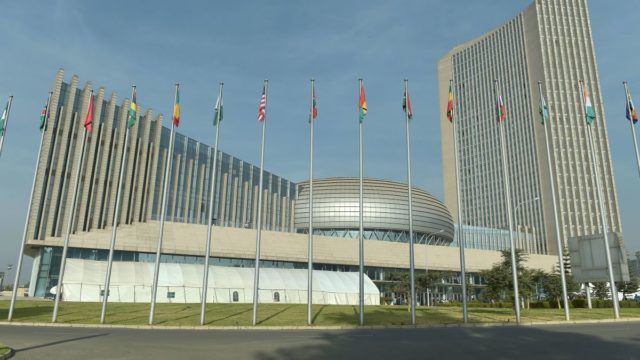By Olu Jacobs
One of the first beneficiaries of these new practices was the Community Court which became even more important to the realization of these goals, and more accessible.
In 2007, it began to hold external sessions in the Member States, outside its Abuja base, in line with Article 26(2) of the 1991 Protocol which allows that “where circumstances or facts of the case so demand, the court may decide to sit in the territory of another member state.”
It is perhaps instructive that two of its more famous rulings which changed the face of jurisprudence happened in these external sessions. In the case between Moussa Leo Kaita v the Republic of Mali held in Bamako, Mali, the Court established for all intents and purposes, its jurisdiction over cases of human rights abuse in any part of West Africa.
And in the now world-famous case filed by Hadijatou Mani Karaou, sold at the age of 12 and repeatedly sexually abused for years, against the government of Niger, the Court ruled that: “Ms Hadijatou Mani Koraou was a victim of slavery and that the Republic of Niger is responsible because of its administrative and judicial authorities’ inaction; Accepts Ms. Hadijatou Mani Koraou’s request for reparation for the harmed suffered and grants an all-inclusive compensation of ten million cfa francs (10.000.000)”.
It was a landmark decision which is now binding on the Member States, especially nations like Mali, Burkina Faso and Niger where the practice is widespread.
“We are law-abiding and will respect this decision,” Mossi Boubacar, a legal officer for Niger’s government, told Reuters.
Alas, not all judgments of the Court have been as well-received or effective, and ECOWAS Court’s judges and human rights lawyers and activists constantly decry the effects of non-compliance with the court’s decisions.
Member states frequently fail to take necessary measures to ensure compliance as Femi Falana noted at an International Conference held on the theme: ECOWAS Court: Achievements, Challenges and Prospects hosted by the ECOWAS Court of Justice in Lome, Togo.
“It is common knowledge that the rate of compliance with the judgments of the court is embarrassingly low,” he said and the President of the Court concurs, complaining of the “30 per cent unsatisfactory rate of compliance of the Court’s decisions.”
Still, there is no doubt that the Court has made tremendous inroads in advancing the course of justice on the continent. Some of its decisions over the rights to education, (SERAP v Federal Republic of Nigeria); the necessity for due process (Ebrimah Manneh v Republic of The Gambia); the rights of women and children (Amouzou Henry v Republic of Côte d’Ivoire) the illegality of retroactive penal law (Hissein Habre b. Republic of Senegal) and many others diligently prosecuted by SERAP, have had a telling effect on governance and stoked the desire of states to do better in the face of peer scrutiny from other members of the Community.
As Laurence R. Helfer, distinguished professor of international law at Duke University in Durham, North Carolina and a leading expert in international human rights law and institutions, including UN human rights treaty bodies and the design and effectiveness of international and regional human rights court has noted, poor noncompliance does not automatically translate to failure or lack of effectiveness. “International rules (or rulings) with high compliance rates may be entirely ineffective, whereas those with low compliance rates may be quite effective if they engender some modification of state behaviour.”
Moreover, notes Olisa Agbakoba, prominent human rights activist and former president of the Nigerian Bar Association, “Article 77 of the ECOWAS Revised Treaty empowers the authority of heads of state and government of ECOWAS to impose certain sanctions on any Member State who fails to fulfill its obligations to the Community through suspension of new community loans or assistance, suspension of disbursement on on-going community projects or assistance.”
As the years roll by there is no doubt that compliance will improve and the influence of the court can only grow bigger with the Court’s recent resort to holding virtual settings to cut down on the inconvenience of litigants travelling all the way to Abuja for court sessions. Such uncommon accessibility has made the Court even more popular amongst the people of West Africa.
With all the sessions now being live-streamed, a decision the present college of judges took after COVID-19 held up sittings for whole three months, the president of the Court, Hön Justice Asante said, it is obviously ”evidence that the Court is making progress in deploying technology towards reaching out to more of the region’s citizens.”
As he told reporters last year in Ghana, “The Court is owned by all of us and therefore everybody must benefit from it.”
There is no doubt that his headship of the Court has been invaluable in making those benefits available for millions of people.
Concluded Jacobs, a former newspaper editor, wrote in from Abuja.

